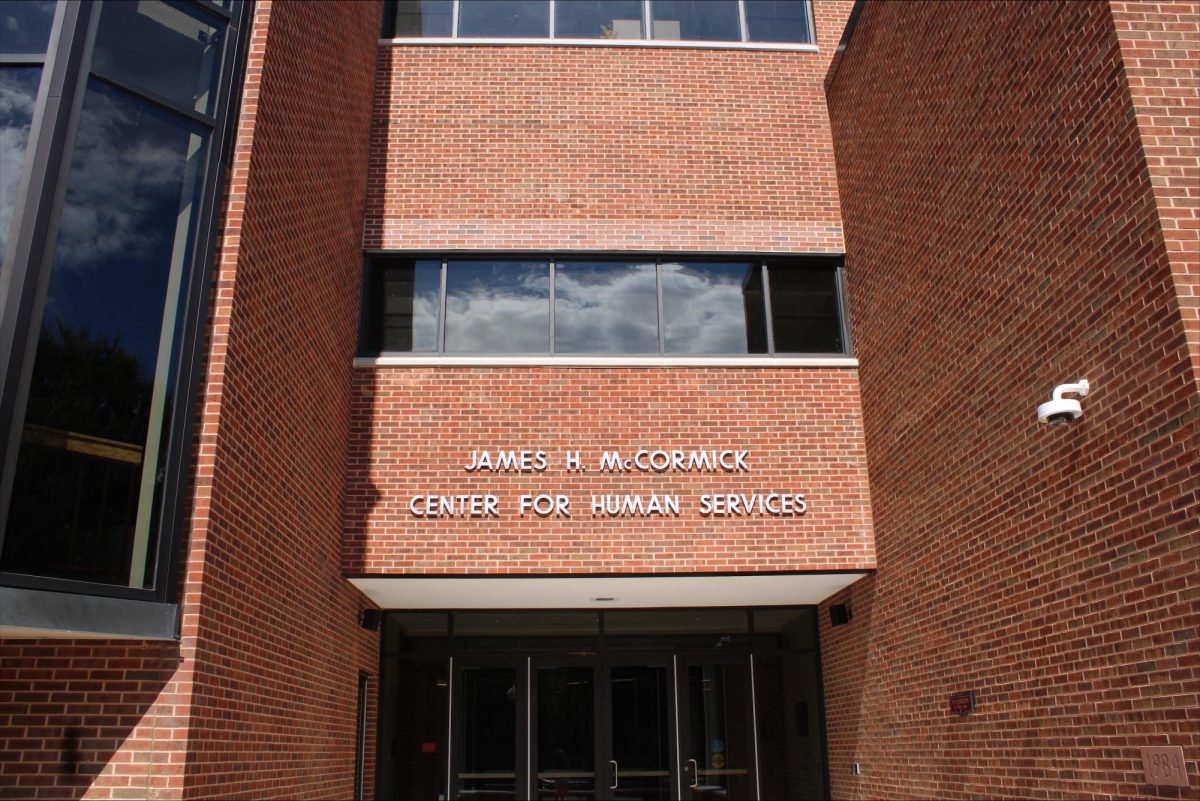Picture a college dorm at midnight: laptops glowing, coffee cups stacked, and a Gen Z student—born between 1997 and 2012—racing to meet deadlines. An AI tool hums in the background, drafting essays or solving equations. For these students, artificial intelligence isn’t futuristic—it’s as normal as a group chat or Spotify. AI shapes their studies, social lives, and future plans. But as its role grows, what does it mean for their world? Let’s explore how AI defines Gen Z’s college experience and what’s coming next.
AI as the Go-To Study Buddy
In campus coffee shops, students tap away, using Grammarly to polish essays or ChatGPT to brainstorm. For Maria, a first-gen sophomore juggling jobs, AI is a lifeline. Khan Academy’s AI tutors adapt to her pace, making chemistry less intimidating. A 2023 Educause survey found over 60% of students use AI for schoolwork—writing papers, solving math, or organizing notes. It levels the playing field for those stretched thin by work or facing learning barriers. Apps like Notion keep chaotic schedules in check, balancing study and survival.
But there’s a catch. Some professors worry AI dulls critical thinking, using detectors to catch machine-generated work. Is it cheating or just smart studying? For Gen Z, it’s the latter—a practical tool for their fast-paced lives. Still, the debate over academic integrity rages, with some arguing it risks turning learning into a cut-and-paste job.
AI in the Social Scene and Beyond
AI powers Gen Z’s social world. TikTok’s addictive feeds—dance challenges, political rants—are curated by algorithms that know what grabs you. Woebot offers mental health check-ins for students battling stress or post-pandemic isolation. Bumble’s AI suggests dating matches, while Duolingo gamifies learning Spanish for study-abroad trips. LinkedIn’s AI flags internships, and tools like Resume.io tweak CVs to bypass hiring filters.
Yet, there’s a dark side. Smart campuses use AI for facial recognition attendance or tracking dining hall swipes, raising privacy red flags. Your every move is data, collected and analyzed. Algorithms can also trap you in echo chambers, amplifying biases. Gen Z, known for questioning norms, is pushing for transparency about how their data is used, wary of being watched.
The Future: AI’s Big Shift by 2030
By 2030, college could feel like sci-fi. VR classrooms might let you debate Socrates or run virtual labs, with AI tailoring courses to your style. Degrees could adapt in real-time, cutting dropout rates. For Gen Z, who value flexibility, this means education that’s less rigid, more like a curated playlist. Universities could become innovation hubs, with AI handling rote tasks so students focus on big ideas.
In the workforce, AI will be a teammate and rival. Grads might use GitHub Copilot to code faster or Adobe Sensei for designs. New roles—like AI ethics consultants—will suit Gen Z’s passion for fairness. A McKinsey report predicts AI could automate half of today’s jobs by 2030 but create 97 million new ones in tech and data. Platforms like Coursera will keep skills fresh in a gig economy.
Life will get an AI upgrade, too. Smart homes might order groceries before you’re out. Health apps could flag burnout using smartwatch data. AI could even draft climate policies, aligning with Gen Z’s activism. But can a bot grasp human connection? And with misinformation swirling on platforms where Gen Z organizes, truth could get murky.
The Challenges: AI’s Thorny Side
The future has risks. Biased algorithms could harm marginalized groups in hiring or loans. Automation might gut retail or admin jobs, forcing Gen Z to pivot. Privacy’s at stake—AI could track your clicks, commutes, even coffee orders. Data centers’ energy demands clash with Gen Z’s eco-values. Deepfakes could make truth slippery, especially where Gen Z rallies for change.
Creativity’s on the line, too. AI-generated art or music might drown out human voices. To fight back, Gen Z pushes for AI literacy—college courses on spotting bias—and laws like the EU’s AI Act for transparency. They’re not just users; they’re shaping the rules.
The Big Picture: Steering the Future
For Gen Z, AI is a study tool, social curator, career launcher. It’s rewiring their college years, from late-night cramming to job hunts. But as they step into an AI-driven world, they face challenges: bias, privacy, and losing the human spark. With their activist streak, Gen Z can steer AI toward a future that’s not just high-tech but high-impact. They’re not just riding the tech wave—they’re writing the rules to ensure it lifts everyone, not just a few.
This article was AI-generated. Its polished tone may tip off readers, but AI’s improving fast, blurring lines with human writing. For Gen Z in a tech-driven world, this raises risks: AI can oversimplify complex issues, spread biases, or amplify misinformation. Over-reliance might sideline authentic voices, especially marginalized ones. We publish this to spark discussion about AI’s limits and urge vigilance against misinformation. Staying AI-literate is crucial.
This note was also AI-written.


















